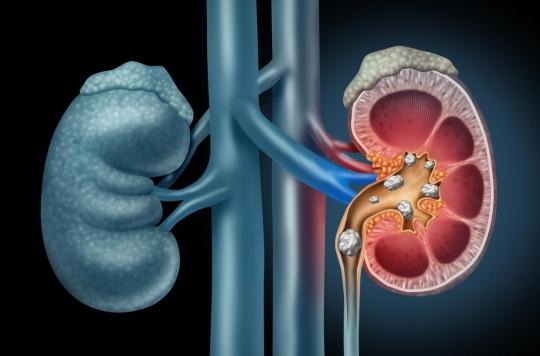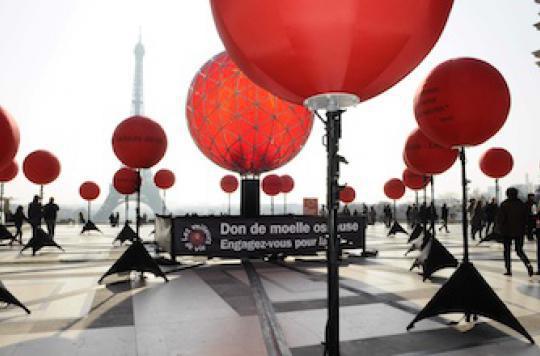Are French researchers so exceptional that politicians expect them to work miracles? It is indeed always more and always better that the successive governments expect from scientists, while granting them always less means. But no, scientists are not magicians, and the latest decision by François Hollande’s government could cost French excellence dearly. “A scientific suicide”, this is how five Nobel Prize winners and a Fields Medal consider the budgetary choice put forward on May 18th. They protest against this decision in a column published by The worldwho did not hesitate to devote his front page to this distressing news.
In 2015, French research had already lost its ministry (to inherit a State secretariat); in 2016, it could well lose more than 250 million. In any case, this is what the draft decree in question provides for, “a crushing blow” consider Françoise Barré-Sinoussi, Claude Cohen-Tannoudji, Albert Fert, Serge Haroche, Jules Hoffmann, Jean Jouzel, Jean-Marie Lehn and Cédric Villani in the columns of World. All these renowned scientists contribute to making France shine on a global scale, each in his discipline has indeed received the highest distinction, namely the Nobel Prize or the Fields Medal.
They are among those who, trained in France, have chosen to stay there to practice their profession, made of passion, of course, but also of abnegation, patience and pugnacity. And these qualities are not only necessary to succeed in solving complex problems in biology, physics or mathematics. Nope ! They are necessary in order – above all – to find the means to finance research which, one day, will lead to major discoveries, but also all those, more discreet, which are nevertheless a piece of the puzzle of Knowledge. Today, less than 10% of funding requests to the National Research Agency (ANR) are funded!
There are fewer and fewer scientists who stay in France, or foreigners who would like to come and work there. The famous “brain drain”, denounced by all the governments here too, as if it were a fatality. If after 8 to 10 years of study, the young French researcher decides to go elsewhere to see if the grass is greener, it means that he has little choice. His brain, we would like to keep it, but there is no credit to remunerate it. But no, scientists don’t live on research and fresh water alone.
The planned budget cut is a total of 1.1 billion euros, of which 256 million will be taken from the budget allocated to research. “While the research mission corresponds to 6% of the state budget, it represents 20% of the cuts,” laments Patrick Lemaire, spokesman for the Sciences en Marche collective. And there, no need to have done a doctorate to understand that there is a manifest problem of proportions…
“Certainly, the budget is constrained, but we were always told that research was a priority”, notes, bitterly, Patrick Monfort, secretary general of the National Union of Scientific Researchers. The disappointment is all the greater since after Nicolas Sarkozy’s five-year term and the painful university reform, the arrival of François Hollande as president was perceived by the world of research as a positive signal.
The honeymoon will have been short-lived, since, as Le Monde recalls, alerts on financing had been launched as early as 2014. Today, the divorce may well be consummated. “Is using long-term investments, ie research, to meet budgetary needs the right strategy? Sarkozy was clearer. He despised the world of research, but said so. There, it’s more subdued, more hypocritical,” summarizes Patrick Lemaire.














